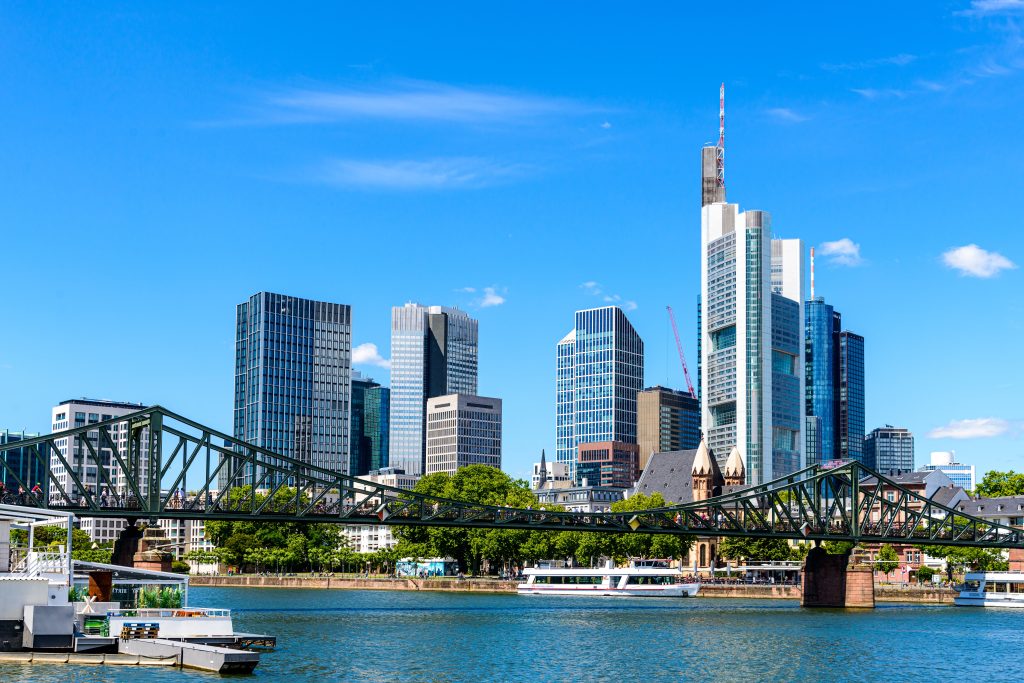Germany’s Economic Ascendancy: A Global Hotspot for Foreign Investment
In an era defined by relentless globalization and economic realignments, Germany emerges as the beating heart of foreign direct investment (FDI), captivating a global audience of investors. This European powerhouse, celebrated for its economic fortitude, pivotal role in the continent, and unwavering commitment to innovation, has become an irresistible magnet for global capital. As we embark on a journey through the multifaceted industries that have attracted investment, and the nations anchoring their financial interests on German soil, a vivid portrayal of Germany’s significance in the global economic landscape comes into sharp focus. This exploration into Germany’s investment landscape over the past three years not only underscores its economic prowess but also unveils the compelling factors that make it an undeniable hub for international investors.
Noteworthy is the United States, emerging as a prominent investor, notably in automotive, technology, and healthcare sectors, enticed by Germany’s innovation landscape and skilled labour pool
Germany’s FDI Landscape: A Thriving Tapestry
Over the past three years, Germany has asserted itself as a destination of choice for foreign direct investment (FDI), reaffirming its status as a European economic heavyweight and a global industrial juggernaut. This nation’s robust economic engine, political stability, strategic European locale, unwavering commitment to innovation, highly skilled workforce, and robust manufacturing sector combine to form an irresistible proposition for foreign investors.
Driving Forces: Industries and Innovations
The automotive industry, an emblem of the German economy, remains a focal point for FDI. Renowned for brands synonymous with quality and innovation, this sector has witnessed a substantial influx of investment, particularly in electric vehicles and autonomous driving technologies. Simultaneously, Germany’s Energiewende (energy transition) policy has positioned it as a global leader in renewable energy, attracting substantial investments in wind, solar, and energy storage technologies, aligning with global sustainability trends.
China has also made significant strides, concentrating on automotive, renewable energy, and technology sectors to access German expertise.
Another pivotal domain is information technology and digital services, which have experienced an upsurge in FDI. Germany’s fervent embrace of digitalization in areas like fintech, e-commerce, and cybersecurity is an irresistible lure for investors. In parallel, the pharmaceutical and biotechnology sectors have become FDI hotspots, propelled by their focus on cutting-edge research and development, amplified further by the global health challenges.
Investment Origins: A Global Tapestry
Noteworthy is the United States, emerging as a prominent investor, notably in automotive, technology, and healthcare sectors, enticed by Germany’s innovation landscape and skilled labour pool. China has also made significant strides, concentrating on automotive, renewable energy, and technology sectors to access German expertise. Within the European Union, countries like France, the Netherlands, and the UK (pre-Brexit) have made substantial investments in manufacturing, energy, and technology. Asian powerhouses, Japan and South Korea, have significantly invested in automotive and electronics, capitalizing on Germany’s manufacturing and R&D capabilities.
Challenges and Opportunities
While Germany’s investment climate is generally favourable, complexities in regulations and digital infrastructure gaps persist. Nevertheless, the vast opportunities in renewable energy, digital services, and biotechnology remain alluring for foreign investors.





